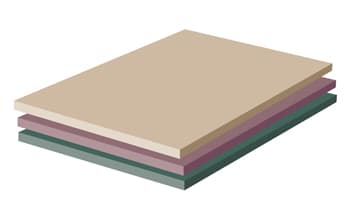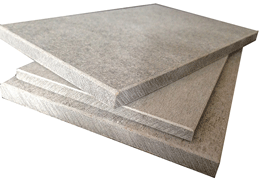Portfolio 1 Subheading
Gypsum Boards
Gypsum board, commonly known as drywall, is the technical product name used by manufacturers for a specific board with a gypsum core and a paper facing.
Gypsum board is the premier building material for wall, ceiling, and partition systems in residential, institutional, and commercial structures and is designed to provide a monolithic surface when joints and fastener heads are covered with a joint treatment system.
Gypsum Board Metal
Thermal Insulation drywall or false ceiling system has a GI metal framework with plasterboard as its face.The metal framework gives the system its strength, long life and enhanced performance. Any compromise on the quality of the metal components can lead to permanent system failure.Thermal Insulation metal components and accessories come with the assurance of quality. We manufactured through a cold rolled pre-forming process that locally work-hardens the base material, and provides great strength to the false ceiling and drywall systems.
Hicem Fibre Cement
In fibre cement(HIcem) there is fibre reinforcement with cement, which contributes to making the fibre-cement material even stronger. Together with a carefully planned production process, fibre cement makes it possible to develop strong and long lasting construction materials. Today fibre cement is considered as a material physically suited for construction products such as cladding and roofing. It is primarily due to its function, performance and commercial value.
Rockwool balnket
Rockwool fibres are inorganic and composed mainly of silica and alumina, Rockwool is manufactured from various types of rock of predetermined chemical compositions which is melted at super high temperature in a technically advanced Cupola, The resulting molten alumino-silicate is drum spun at very high speed to produce “ROCK FIBRES” that are bonded together with a thermosetting resin and Additives.
Fibreglass And Glass Wool
Fibreglass Insulation involves melting the raw materials, glass and sand at temperatures of around 1550ºC. The liquid glass is then spun rapidly and extruded out of small holes to form fibres. These fibres are then coated with a resin to bind them together and shaped into batts. Fibreglass insulation is generally inexpensive insulation to buy and easiest to install - so it is no wonder it is the most common insulation used for homes and roofs. The main environmental benefit of fibreglass insulation is that it is manufactured out of up to 70% recycled glass. Fibreglass is one of the most resistant materials to fire - it requires extremely high temperature to burn.




